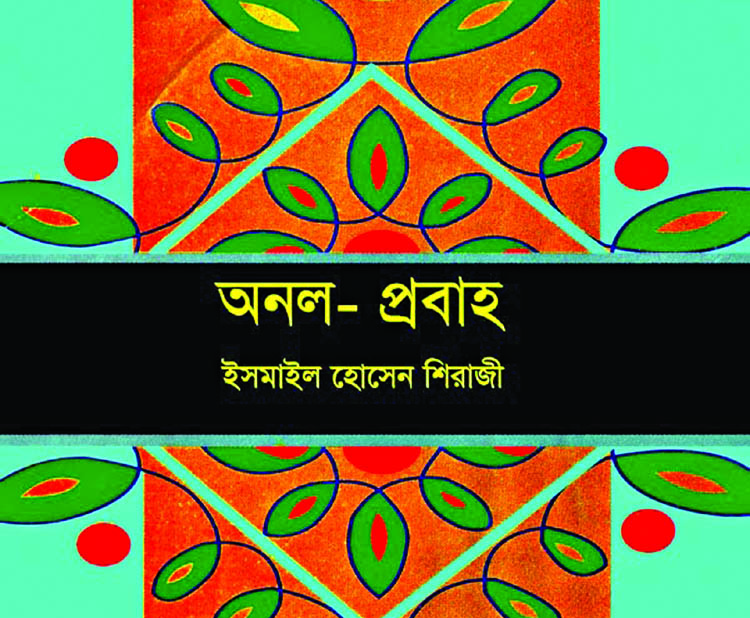A prominent figure in the Bengali Muslim reawakening -The Asian Age

Ismail Hossain Siraji was a Bengali writer, poet, orator and peasant leader. He was born in 1880 in Sirajganj in East Bengal (now in Bangladesh). He added the suffix of his name Shiraji in honor of his home region Sirajganj. His father Abdul Karim Khandkar (1856-1924) practiced Unani (herbal medicine) and was not financially well off. Shiraji, though extremely bright, could not afford a college education. But lack of formal education did not deter him from making him enlightened intellectually.

As a young boy, Ismail Hossain Siraji learned Persian in school and studied Sanskrit at home and was well versed Sanskrit grammar and literature, studied Sanskrit dictionaries as well as Hindu scriptures like Vedas, Manusmriti and Upanishads.
He earned his living by writing and making public speeches. Reawakening the backward Bengal Muslim society was the main theme of his writing and speeches. He acquired a great reputation as an orator. He was an advocate of Muslim interests, but was not a communalist. Hindu-Muslim amity based on equal sharing of resources was his belief. He was active in many parties and organizations, such as, Indian National Congress, Muslim League, Anjuman-I-Ulama-I-Bangla, Jamiut-E-Ulamay-I-Hind, Swarajya Party And Krishak Samiti.
Shibli Nomani (1857-1914) and Mohammad Iqbal (1876-1938), two prominent Islamic scholars from the Indian subcontinent during British Raj, influenced Shiraji. Like them, he felt that it was necessary to harmonize religious and secular thought to awaken the Indian Muslim community, on the one hand, and arrest deteriorating Hindu-Muslim relations, on the other.
Shiraji wrote in contemporary journals such as Al-Eslam, Islam Pracharak, Prabasi, Pracharak, Kohinoor, Soltan, Mohammadi, Saogat, Nabajug and Nabanur. Most of his writings tended to glorify Islamic traditions, culture and heritage. He advocated modern education and true Islamic learning. Ismail Hossain Shiraji was actively involved in the peasant movement in Sirajganj. He mobilized the peasants on anti-zamindar and anti-mahajan lines.
His books of verses include Anal Prabaha (1900), Akangkha (1906), Uchchhas (1907), Udbodhan (1907), Naba Uddipana (1907), Spain Bijoy Kabya (1914), Sangit Sanjibani (1916), Premanjali (1916). His notable novels are Ray Nandini (1915); Tara Bai (1916); Feroza Begum (1918) and Nooruddin (1919). His travelogue is Turoshko Vraman(1913). Stri shikhkha (1907) and Sajati Prem (1916) are two essays by Shiraji. This great person died Died in 1931 at the age of 50-51.
